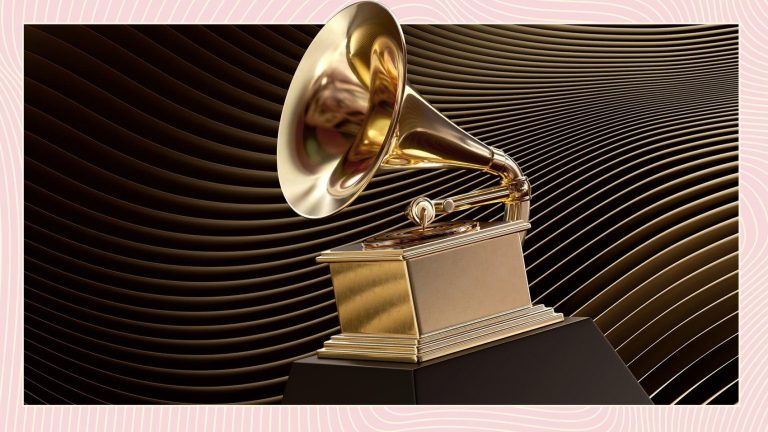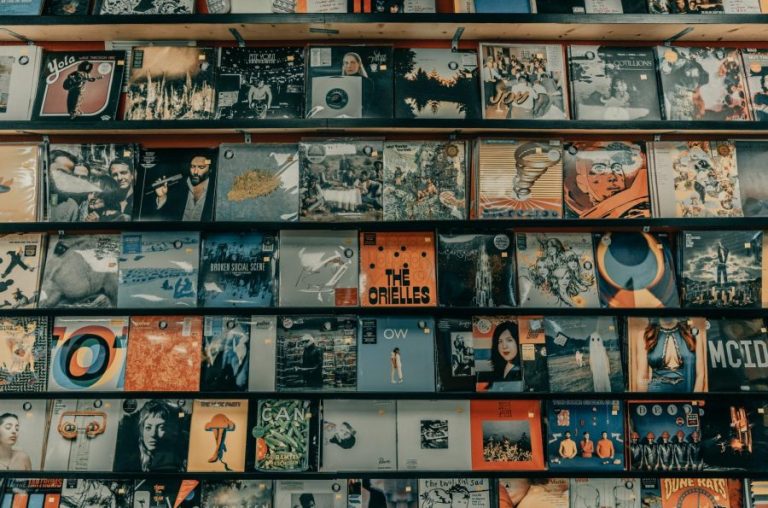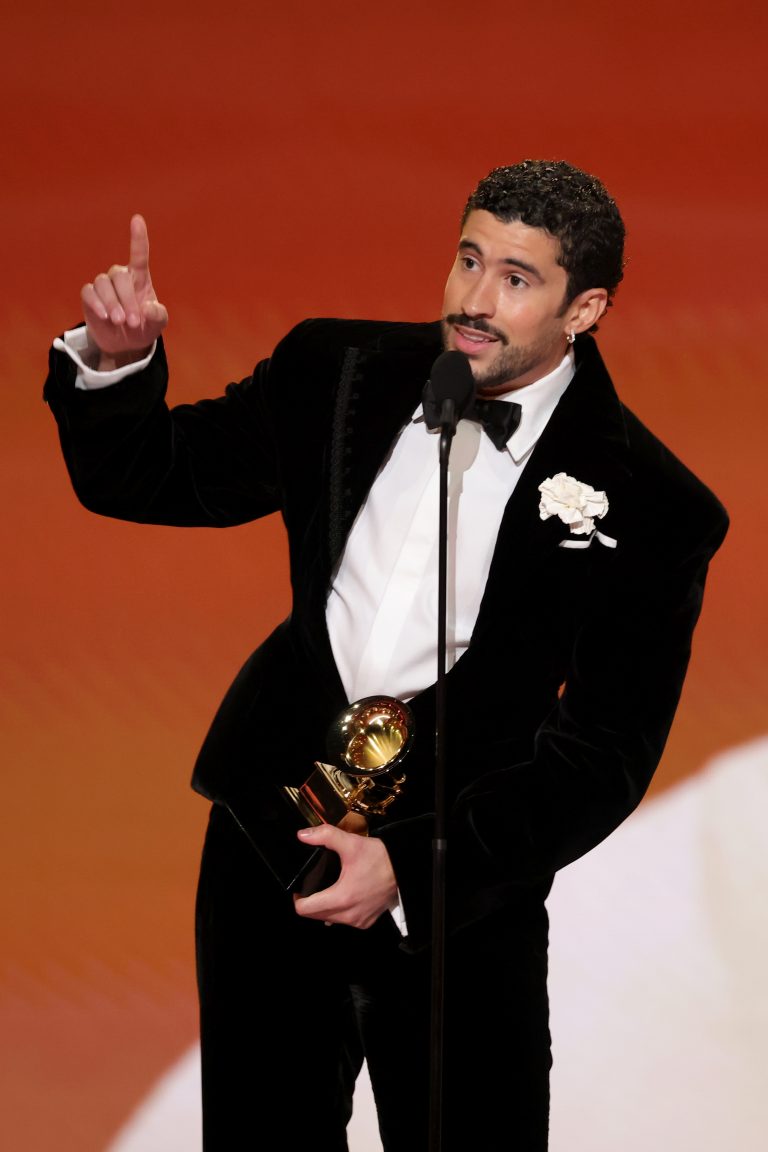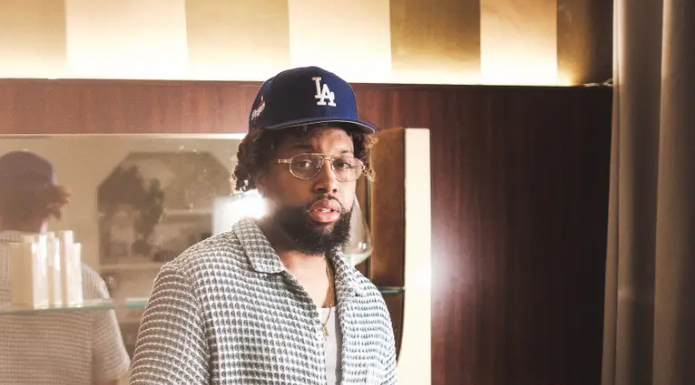
Choosing the right music industry lawyers in 2025 is more important than ever. With the music business constantly changing, having a good attorney can make a big difference in an artist’s career. They help with contracts, protect intellectual property, and navigate any disputes that might come up. This guide will walk you through what to look for in a lawyer and how they can support your music journey.
Key Takeaways
- Music industry lawyers are crucial for navigating contracts and protecting artists’ rights.
- Understanding different types of contracts and key clauses is essential for musicians.
- Proactive protection of intellectual property helps artists maintain control over their work.
- Resolving disputes quickly can prevent bigger issues down the line.
- Staying updated on industry regulations is vital for long-term success.
Understanding The Role Of Music Industry Lawyers
Importance Of Legal Representation
So, you’re thinking about making it big in music? That’s awesome! But let’s be real, the music world is a jungle. It’s not just about writing catchy tunes; it’s about protecting yourself. Having a good music lawyer is like having a shield and a sword. They’re there to make sure no one takes advantage of you and to fight for what you deserve. Think of them as your business partner who speaks fluent legalese. They help you understand the fine print, negotiate deals, and keep you out of trouble. Trust me, you don’t want to go it alone.
- Protecting your creative work.
- Negotiating contracts.
- Avoiding legal pitfalls.
A music lawyer isn’t just an expense; it’s an investment in your career. They can save you money and headaches in the long run by preventing costly mistakes and ensuring you get fair deals.
Key Responsibilities Of Music Lawyers
What exactly do entertainment lawyers do? Well, a lot! They’re like the Swiss Army knife of the music industry. They handle everything from contract negotiations to copyright issues. They review recording contracts, publishing agreements, and licensing deals. They also help with things like trademarking your band’s name and making sure you get paid what you’re owed. Plus, if you ever get into a dispute with someone, they’ll be there to represent you. It’s a pretty wide range of stuff, but it all boils down to protecting your interests and helping you navigate the complex world of music law.
- Drafting and reviewing contracts.
- Advising on copyright and trademark issues.
- Representing clients in legal disputes.
How Lawyers Support Artists’ Careers
Okay, so how does all this legal stuff actually help your career? Simple. A good lawyer can open doors for you. They have connections in the industry and can help you get your music heard by the right people. They can also help you build a strong brand and protect your intellectual property. This means you can focus on making music while they handle the business side of things. It’s a partnership that can really take your career to the next level. They can also help you understand music industry laws and regulations, which is super important in today’s ever-changing music landscape.
- Negotiating better deals.
- Protecting your creative work.
- Providing business advice.
Navigating Contracts And Agreements
Types Of Contracts In The Music Industry
Okay, so you’re an artist, right? You’re making music, that’s the fun part. But then comes the not-so-fun part: contracts. There are a bunch of different kinds floating around, and knowing what they are is half the battle. You’ve got your basic recording contracts, where you sign with a label. Then there are publishing deals, which are all about who owns and controls your songs. Management agreements dictate the relationship with your manager, and licensing agreements let other people use your music for stuff like movies or commercials. Don’t forget about performance agreements for live shows and distribution deals for getting your music out there. It’s a lot, I know, but understanding each type is super important. Music Contracts 2.0 can help you understand the basics.
Essential Clauses To Consider
When you finally get a contract in front of you, don’t just skim it! There are some clauses you absolutely need to pay attention to. First, royalty rates – how much of the money you actually get. Upfront payments are also key; what are you getting paid in advance? Contract duration matters too; how long are you locked in? Exclusivity clauses can limit who you work with, so read those carefully. Ownership of your music is huge, and termination clauses dictate how you can get out of the deal. Make sure you understand audit rights, so you can check the books. And finally, think about territory – where does this contract apply?
Negotiating Favorable Terms
Negotiating contracts? It feels intimidating, but it’s a must. Do your homework first. Know what’s standard in the industry. Get a lawyer – seriously, don’t skip this step. Be clear about what you want and what you’re willing to give up. Don’t be afraid to say no. Everything is negotiable, even if they act like it isn’t. Look for win-win situations. And remember, it’s a business relationship. Keep it professional.
It’s easy to get caught up in the excitement of a new opportunity, but taking the time to fully understand and negotiate your contracts can save you a lot of headaches (and money) down the road. Don’t be afraid to ask questions and push for terms that are fair to you. Your career depends on it.
Protecting Intellectual Property Rights
It’s easy to overlook, but protecting your music is super important. It’s not just about creativity; it’s about your livelihood. Let’s break down how to keep your work safe.
Understanding Copyright Laws
Copyright law is the bedrock of the music industry. It gives creators exclusive rights to their work, allowing them to control how it’s used and make money from it. Think of it as your music’s shield. The U.S. Copyright Office says copyright protects original works fixed in a tangible medium. This includes musical compositions, sound recordings, and lyrics. Knowing the difference between a song’s copyright and its recording’s copyright is key. Usually, the artist or label owns the sound recording rights, but the songwriter keeps the composition rights. This can lead to tricky situations if different people have rights to the same music. Registering your work with the U.S. Copyright Office gives you the right to sue for infringement and get statutory damages and legal fees.
Strategies For IP Protection
Protecting your intellectual property (IP) is a smart business move. Here’s how to do it:
- Copyright Registration: Register your music. It creates a public record of ownership and can deter infringers.
- Digital Rights Management (DRM): Use DRM tools to control online distribution and prevent illegal copying. This helps ensure you get paid fairly.
- Trademark Protection: Trademark your band name, logo, and other unique identifiers. This stops others from using similar marks that could confuse fans. Entertainment lawyers can help you navigate this process.
It’s important to actively monitor for infringement and take action when you find it. This could mean sending cease-and-desist letters or even taking legal action.
Enforcement Of Rights Against Infringement
So, you’ve protected your IP, but what happens when someone steals your music? Here’s what you can do:
- Monitor: Regularly check for unauthorized use of your music online.
- Cease and Desist: Send a formal letter demanding the infringer stop using your work.
- Legal Action: If the infringement continues, consider suing for damages. Remember, you must register your copyright before filing a lawsuit. It’s about keeping control over your creations and boosting your earning potential.
Resolving Disputes In The Music Business
Common Sources Of Conflict
Okay, so the music industry? It’s not all glamour and sold-out shows. A lot of the time, it’s about sorting out disagreements. These conflicts can come from anywhere, but some sources pop up way more than others. Think about contract disputes – maybe an artist feels like their record label isn’t holding up their end of the deal. Or maybe there’s a fight over who owns the rights to a song; that’s copyright infringement, and it’s a big deal. Then you’ve got royalty disagreements, where someone isn’t getting paid what they think they deserve. It’s a messy business, and these issues can really escalate if they’re not handled right. It’s important to understand contract negotiations to avoid these issues.
Alternative Dispute Resolution Methods
So, you’re in a fight, but you don’t want to go to court? Good. Litigation is expensive and time-consuming. Luckily, there are other ways to sort things out. Mediation is a popular choice. It involves a neutral third party who helps both sides talk it out and find a solution that works for everyone. Negotiation is another option, where the parties try to reach an agreement themselves. Arbitration is a bit more formal; it’s like a mini-trial where an arbitrator makes a decision. These methods are often quicker, cheaper, and less stressful than going to court. Here’s a quick rundown:
- Mediation: A neutral party helps facilitate discussion.
- Negotiation: Direct talks between the involved parties.
- Arbitration: A more formal process with a binding decision.
Keeping the lines of communication open can prevent misunderstandings that lead to conflicts. It’s always better to try and talk things out before things escalate.
When To Pursue Litigation
Okay, so you’ve tried everything else, and nothing’s working. That’s when you might have to think about going to court. If someone is straight-up stealing your music, or if a contract is being completely ignored, sometimes you don’t have a choice. Litigation means filing a lawsuit and letting a judge or jury decide the outcome. But be warned: it’s a long, expensive process, and there’s no guarantee you’ll win. Before you take that step, make sure you’ve really exhausted all other options and that you have a solid case. It’s also a good idea to consult with a music law attorney before making any decisions.
Staying Compliant With Industry Regulations

Evolving Laws Affecting Musicians
Okay, so the music industry is always changing, right? That means the laws are always trying to catch up. What was cool last year might be a big no-no this year. It’s super important to keep an eye on these changes, especially when it comes to digital stuff like streaming and online distribution. Think about how streaming changed everything – suddenly, artists needed to worry about new kinds of royalties and licensing. It’s a lot to keep track of.
International Compliance Considerations
If you’re thinking of going global, things get even more complicated. Different countries have different rules about copyright, royalties, and all that jazz. What works in the US might not fly in Europe or Asia. You gotta do your homework, or better yet, get someone who knows their stuff to help you out. It’s not just about translating your lyrics; it’s about understanding a whole new legal landscape. For example, understanding copyright developments is key to international compliance.
Role Of Performance Rights Organizations
PROs like ASCAP, BMI, and SESAC are supposed to help artists get paid when their music is played publicly. But they also have to follow a bunch of rules and regulations, and those rules can be different depending on where you are. It’s like they’re the middlemen, making sure everyone gets their fair share, but they’re also dealing with a ton of legal red tape. It’s worth understanding how they work and what they do, because they can be a big part of your income stream.
Staying on top of all this legal stuff can feel like a full-time job. That’s why a lot of artists hire lawyers or consultants who specialize in music law. They can help you understand your rights, negotiate contracts, and make sure you’re not accidentally breaking any laws. It’s an investment, but it can save you a lot of headaches (and money) in the long run.
Choosing The Right Music Industry Lawyer

Finding the right lawyer can feel like finding a needle in a haystack, but it’s a step you can’t skip. It’s about more than just legal advice; it’s about finding someone who gets your vision and can help you protect it. Let’s break down what to look for.
Qualities To Look For In A Lawyer
When you’re on the hunt for a music industry lawyer, there are a few key things to keep in mind. First, you want someone with experience in the specific areas of music law that you need help with. A lawyer specializing in copyright registration is different from one who focuses on contract negotiations. Look for these qualities:
- Industry Knowledge: They should know the ins and outs of the music business.
- Communication Skills: Can they explain complex legal stuff in a way you understand?
- Negotiation Skills: Are they good at getting you the best possible deal?
- Reputation: What do other people in the industry say about them?
It’s also important to find someone you trust and feel comfortable working with. You’ll be sharing a lot of personal and professional information with this person, so you need to feel like you can be open and honest with them.
Questions To Ask During Consultations
Before you commit to working with a lawyer, it’s a good idea to schedule a consultation. This is your chance to get to know them and see if they’re the right fit for you. Here are some questions to ask:
- What’s your experience in music law, specifically with cases like mine?
- What’s your approach to resolving conflicts and negotiating deals?
- How do you bill for your services, and what are the estimated costs?
- Can you provide references from other clients in the music industry?
Evaluating Experience And Specialization
Not all lawyers are created equal. Some specialize in certain areas of music law, like intellectual property, while others have a more general practice. It’s important to find someone whose experience aligns with your specific needs. For example, if you’re dealing with a copyright infringement issue, you’ll want a lawyer who has a proven track record in that area. Here’s a simple table to help you think about it:
| Area of Law | Specialization Needed |
|---|---|
| Copyright | Copyright law, IP protection |
| Contract Negotiation | Contract law, negotiation skills, industry knowledge |
| Dispute Resolution | Litigation, mediation, arbitration |
Make sure they have a deep understanding of the music industry.
The Future Of Music Law
Impact Of Technology On Legal Practices
Technology keeps changing how music is made, shared, and consumed, and this has a huge effect on music law. AI is becoming a bigger part of music creation, which brings up new questions about copyright and who owns what. Smart contracts and blockchain tech could change how royalties are paid and how rights are managed, making things more transparent and efficient. But, these new technologies also bring challenges, like how to deal with deepfakes and unauthorized use of an artist’s work. It’s a lot to keep up with!
- AI-generated music and copyright ownership.
- Blockchain for royalty distribution.
- Legal implications of deepfakes in music.
Emerging Trends In Music Law
Several trends are starting to shape the future of music law. One big one is the increasing focus on digital rights management. With more music being streamed, making sure artists get paid fairly is a big deal. Also, there’s more attention on data privacy and how artists’ and fans’ data is used. Another trend is the rise of collective bargaining for musicians, giving them more power to negotiate with streaming services and labels. It’s all about making things fairer for artists in the digital age.
- Increased focus on digital rights.
- Emphasis on data privacy.
- Rise of collective bargaining for musicians.
The music industry is evolving rapidly, and legal frameworks must adapt to protect artists’ rights and ensure fair compensation in the digital age. Staying informed about these trends is crucial for anyone involved in the music business.
Preparing For Changes In The Industry
To get ready for the future of music law, artists and industry pros need to stay informed and be flexible. This means keeping up with new laws and regulations, understanding how technology is changing things, and being ready to adapt your business practices. It’s also a good idea to build relationships with lawyers who know about music industry laws and can help you navigate these changes. The music industry is always changing, so being prepared is key to success.
- Stay informed about new laws and regulations.
- Understand the impact of technology.
- Build relationships with knowledgeable lawyers.
Wrapping It Up: Finding Your Music Lawyer
Choosing the right music industry lawyer in 2025 is a big deal. You want someone who gets the ins and outs of the music world and can help you navigate all the legal stuff. Remember, it’s not just about finding a lawyer; it’s about building a relationship where you can talk openly about your goals and concerns. A good lawyer will help you make smart choices that benefit your career in the long run. So, take your time, do your research, and don’t be afraid to ask questions. The right legal partner can make a huge difference in your journey as an artist.
Frequently Asked Questions
What do music industry lawyers do?
Music industry lawyers help artists with legal issues like contracts, copyright, and protecting their rights. They make sure musicians understand their agreements and help them negotiate better deals.
Why is it important to have a lawyer in the music industry?
Having a lawyer is important because they can guide artists through complex legal matters, protect their interests, and help them avoid problems that could hurt their careers.
What should I look for when choosing a music lawyer?
When choosing a music lawyer, look for someone with experience in music law, good communication skills, and a solid understanding of the music industry.
What types of contracts do musicians need to know about?
Musicians should be aware of different contracts like recording contracts, publishing agreements, and management contracts. Each type has specific terms that can affect their career.
How can musicians protect their intellectual property?
Musicians can protect their intellectual property by registering their work with copyright offices, monitoring for unauthorized use, and taking action against infringements.
What should I do if I have a legal dispute in the music industry?
If you have a legal dispute, it’s best to talk to a lawyer. They can help you decide whether to negotiate a solution, use mediation, or go to court if necessary.








